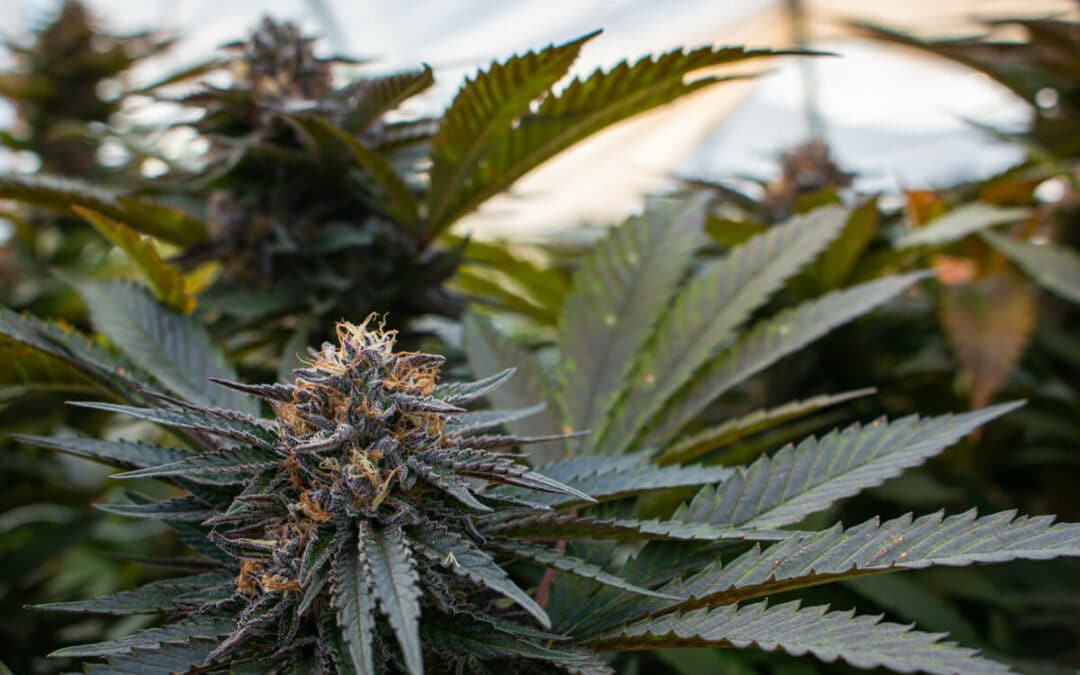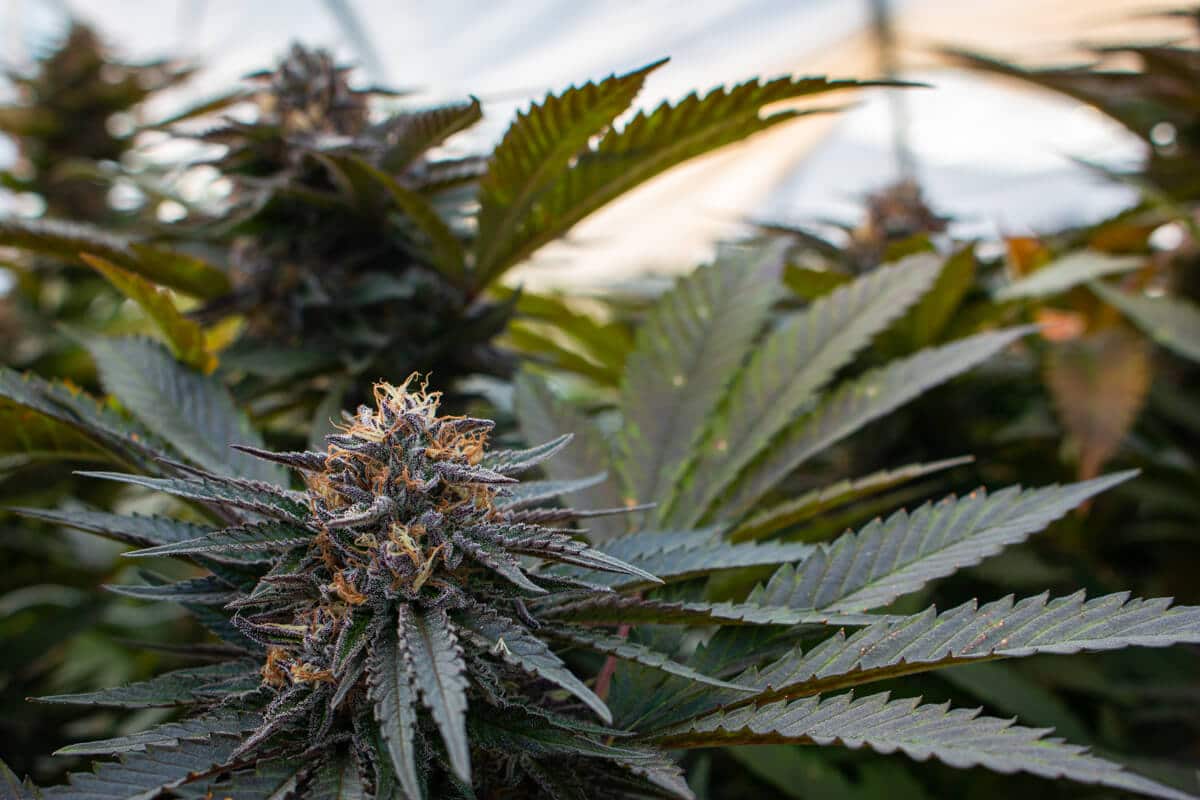
Florida Supreme Court Kills 2022 Marijuana Legalization Initiative

The Florida Supreme Court has dealt a critical blow to marijuana activists working to legalize marijuana in the state—killing an initiative that hundreds of thousands of voters have already signed and forcing them to start all over again if they want to make the 2022 ballot.
In a 5-2 ruling on Thursday, the court determined that the Make It Legal Florida reform initiative is unconstitutional, arguing that the ballot summary is “affirmatively misleading” because it says adult-use cannabis would be made lawful in the state without explicitly acknowledging that it would remain illegal under federal law.
This means advocates would have to start over—from drafting the measure to collecting signatures—if they hope to make next year’s ballot.
The group had already collected 556,049 valid signatures for the now-invalidated constitutional measure. They needed 891,589 to place the initiative before voters. Then at least 60 percent of voters would’ve had to approve it on the ballot for it to pass.
The court took up a legal review of the initiative at the request of state Attorney General Ashley Moody’s (R) office, which then submitted a brief in opposition to the legalization petition.
At issue, the majority justices said in their ruling, is the use of the word “permits” in the ballot summary when referring to activities such as possessing and purchasing marijuana by adults 21 and older. Because the initiative fails to acknowledge that such activity would not be permissible under federal law, they deemed the summary “misleading” and therefore unconstitutional.
“The summary’s unqualified use of the word “[p]ermits” strongly suggests that the conduct to be authorized by the amendment will be free of any criminal or civil penalty in Florida… The proposed amendment, on the other hand, explains that the conduct will only be free of criminal or civil liability “under Florida law.” The proposed amendment includes that language, of course, because a recreational marijuana user or distributor will remain exposed to potential prosecution under federal law—no small matter.”
But in a dissenting opinion, two justices argued that it’s essentially self-evident that the measure would only apply to Florida law and not change federal statute prohibiting marijuana.
In a sense, the justices said there’s precedent in place that makes it incumbent upon voters to do their research and understand the fundamental implications of their votes. And in this case, they said, the majority is effectively saying voters cannot be trusted to understand basic governance.












